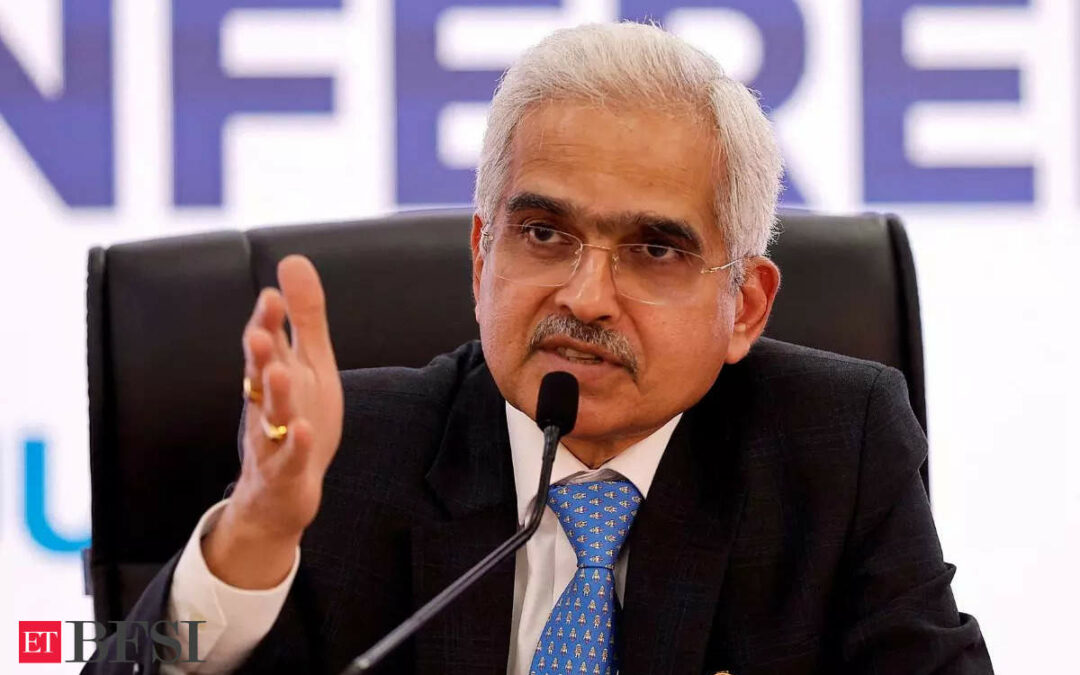RBI Governor Shaktikanta Das highlighted six key reforms that have significantly reshaped India’s financial landscape including market-determined exchange rate and inflation targeting framework.
Market-Determined Exchange Rate
Speaking at the FIBAC Annual Conference, Das said, “Shifting from administered exchange rates of the rupee to a market-determined regime is one of the key reforms that has yielded long-term positive outcomes.”
FRBM Act
On the Fiscal Responsibility and Budget Management (FRBM) Act, Das said, “The enactment of the FRBM Act has buttressed our stability and growth story, providing a more disciplined fiscal framework.”
Flexible Inflation Targeting Framework
Das discussed the importance of maintaining monetary stability, stating, “Preserving the credibility of the flexible inflation targeting framework, which is a major structural reform, is crucial for price stability and growth.”
Insolvency and Bankruptcy Code (IBC)
He highlighted the impact of the IBC, saying, “The IBC has been a game-changer in facilitating timely resolution of stressed assets.”
Goods and Services Tax (GST)
Das reflected on GST’s role, saying, “The implementation of GST has unified India into a single market, significantly enhancing ease of doing business.”
Stoppage of Automatic Monetisation of Budget Deficit
This reform has been vital in safeguarding fiscal prudence and macroeconomic stability over the long term.
Expectations from the Financial Sector
Das also outlined specific expectations for the financial sector to support broader economic development, focusing on improving female labour participation and assisting MSMEs.
Improving Female Labour Participation
India’s female labour force participation remains lower than the global average.
He advocated for enhanced girls’ education, skill development, and workplace safety as essential steps to address this disparity.
Das stressed the need for increased support for women entrepreneurs, who face significant challenges such as limited access to capital and societal norms.
The RBI Governor proposed two approaches: improving employment opportunities for women within financial institutions and supporting women entrepreneurs through both government-sponsored and banks’ tailored schemes.
“Banks could also actively explore onboarding a larger number of women business correspondents, particularly from among SHG members,” he recommended.
Supporting MSMEs
Shaktikanta Das acknowledged the challenges many small-sized enterprises face, particularly in accessing affordable finance.
“Banks and financial institutions should develop tailored financial products and services for MSMEs,” Das said.
This includes offering flexible credit options and improving access to working capital. “Providing financial support that accommodates the unique cash flow cycles and growth stages of MSMEs will enable them to contribute more significantly to job creation,” he concluded.











